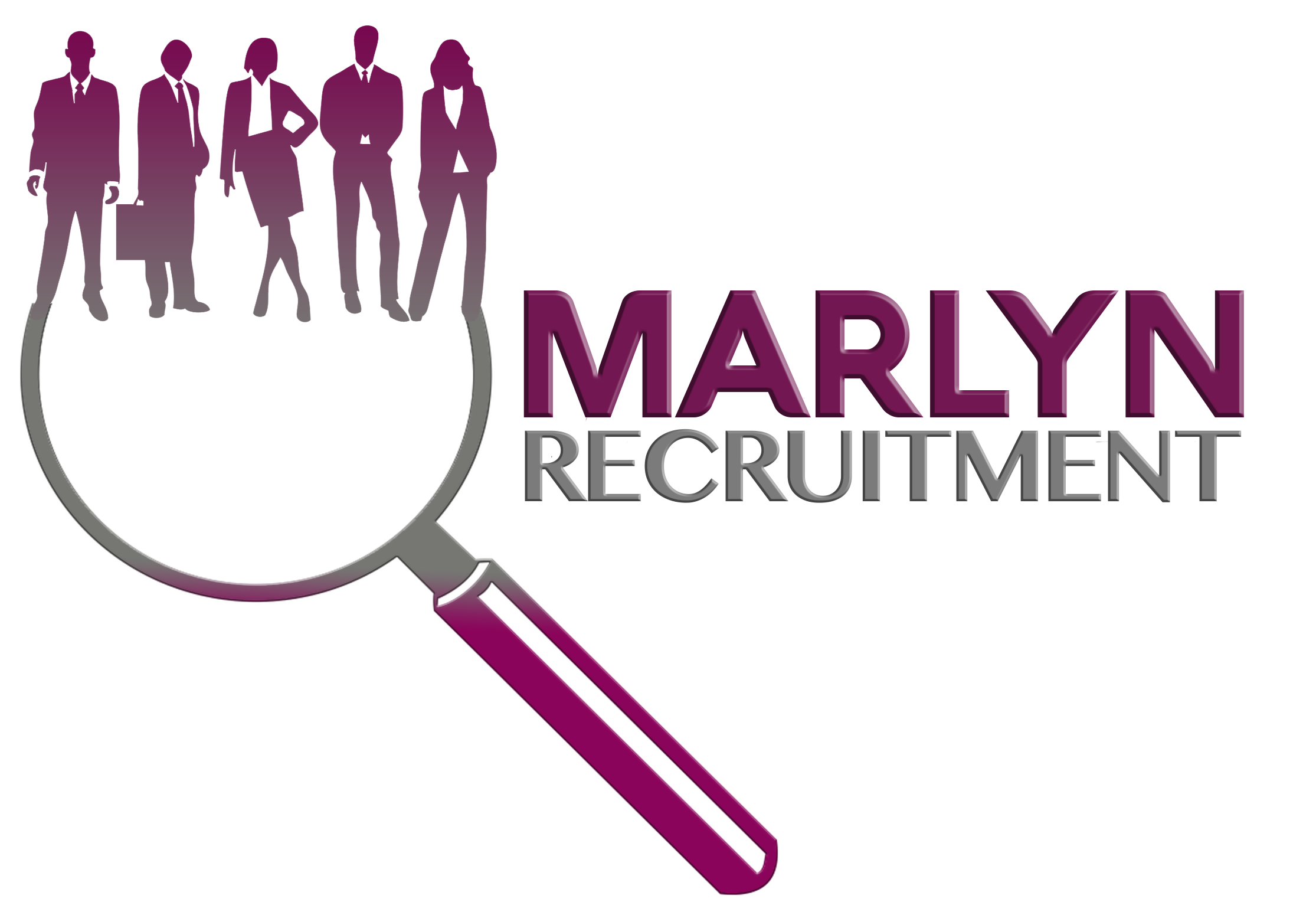"Equip yourself with the tools to thrive and outshine the competition."
Job Search Tips
Navigating the healthcare job market requires a strategic approach. Our comprehensive guides are designed to equip you with the knowledge and confidence needed to stand out at every stage of your job search, from writing a compelling resume to confidently negotiating job offers.

Writing Resumes: Standing Out in a Competitive Market
Creating a well-structured resume is crucial for capturing the attention of hiring managers, especially in the competitive healthcare field. Here’s how to make your resume shine:
Formatting Tips:
- Structure your resume with clear headings, concise bullet points, and consistent formatting.
- Use professional fonts like Arial or Calibri, and maintain a clean layout with adequate white space.
- Stick to reverse chronological order to highlight your most recent experience first.
Tailoring Your Resume:
For healthcare assistants and care supervisors, emphasise essential skills like patient care, daily living assistance, and teamwork. Highlight leadership and communication abilities if applying for supervisory roles.
Certifications to Include:
Showcase certifications relevant to care roles, such as Care Certificate, NVQ in Health and Social Care, and First Aid. For care supervisors, emphasise leadership courses and specialised training in elderly or dementia care.
Examples of Focus Areas:
- Healthcare Assistant: Highlight experience in personal care, medication assistance, and patient monitoring.
- Care Supervisor: Focus on team leadership, care planning, and regulatory compliance expertise.
ATS Optimisation:
- Incorporate keywords that match the job description to improve your chances of passing through applicant tracking systems (ATS). Examples include terms like “ICU experience,” “EMR proficiency,” and “HIPAA compliance.”
- Use industry-standard acronyms and terminology that align with the role.
Preparing for Interviews: Confidence and Professionalism
The interview process is your opportunity to showcase your expertise, fit, and passion for the role. Effective preparation is key to making a strong impression:
Common Healthcare Interview Questions:
- Be prepared for role-specific questions, such as “How do you manage stressful situations in a clinical setting?” and “Can you describe a time you provided exceptional patient care?”
- Develop responses that demonstrate your ability to work in teams, adapt to changing situations, and maintain high standards under pressure.
Body Language and Confidence:
- Practice maintaining eye contact, offering a firm handshake, and displaying open body language. These non-verbal cues demonstrate confidence and professionalism.
- Use positive and clear language when answering questions, and express genuine enthusiasm for the position and organisation.

Handling Difficult Scenarios:
- Prepare for behavioural interview questions by using the STAR method (Situation, Task, Action, Result) to structure your responses effectively.
- Be ready to answer clinical case study questions by discussing your decision-making process, diagnosis approach, and treatment recommendations.
Asking Insightful Questions:
- Prepare questions that show your interest in the organization and your future role, such as “How does this organisation support continuing education and growth?” and “What are the key challenges the team is currently facing?”
- Asking thoughtful questions not only provides you with valuable information but also demonstrates your proactive approach and alignment with the organization’s goals.
Negotiating Offers: Securing the Best Terms
Receiving a job offer is exciting, but it’s important to negotiate to ensure you’re receiving fair compensation that aligns with your skills and experience.
Understanding the Full Package:
- Consider the complete offer, including salary, health benefits, retirement plans, and perks like professional development support and tuition reimbursement.
- Evaluate non-monetary benefits such as work-life balance, flexible schedules, and opportunities for advancement.


Negotiation Strategies:
- Research salary benchmarks for similar roles in your area and industry. Use data-driven insights to present a strong case for a higher salary or improved benefits.
- Highlight unique skills, experience, and certifications that justify your request. Present your value to the organisation with confidence.
Confident Negotiation:
- Practice how to frame your request positively. For example, “Given my experience and the responsibilities of this role, I’d like to discuss increasing the salary by X amount.”
- Be prepared for counteroffers and know which benefits or compensation aspects are non-negotiable for you. Flexibility and clarity in what you value most will help you make informed decisions.
Conclusion
With the right tools and strategies, you can navigate the healthcare job market with confidence and success. Whether you’re entering the field or advancing your career, our resources are here to support your journey. By mastering resume writing, interview preparation, and offer negotiations, you’ll be well-positioned to secure a role that aligns with your skills, experience, and career goals.








